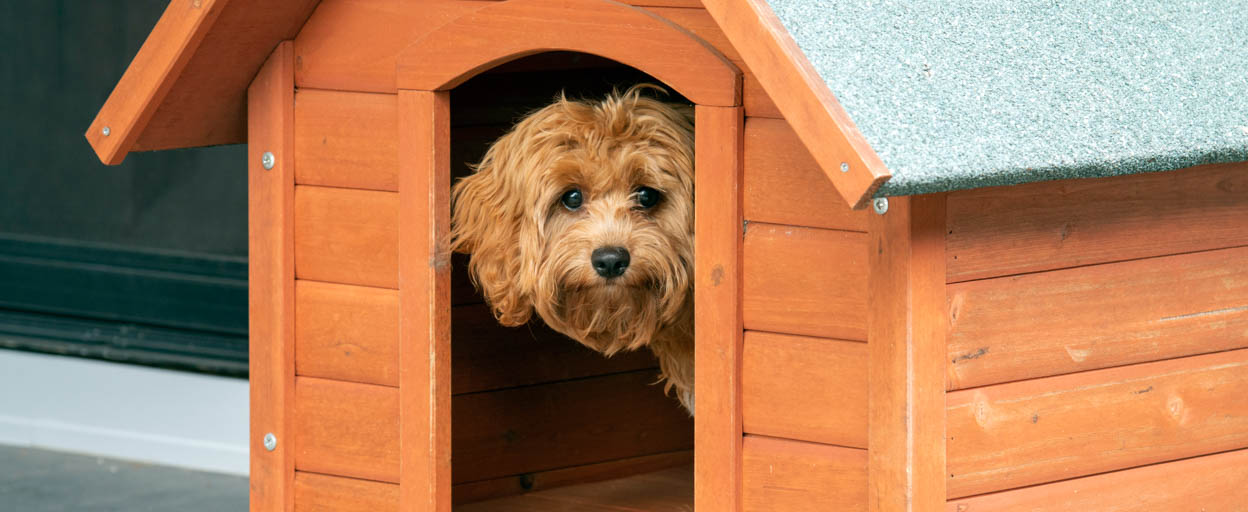- 28 Sep 2022
- 5 min read
- By Claire Ryan
New rental laws for pets to come into play
The Real Estate Institute of Queensland (REIQ) is highlighting the value of property managers as the most significant rental legislative reforms in more than a decade come into effect on 1 October.
REIQ CEO Antonia Mercorella said the Queensland Government’s new rental laws were complex and many property owners would need to lean on the expertise of their property managers to navigate the new legislative landscape.
“Property managers around the state will have 1 October 2022 marked in their calendars, with REIQ members readying their processes for many months now in anticipation of the new rental laws coming into effect,” Ms Mercorella said.
“One of the major changes ticking over on this date is the changes surrounding pet consent.
“Although tenants will have increased rights when it comes to pets, it’s important to understand that consent for pets is still required, and tenants still need to seek the property owner’s permission to keep a pet on the premises.
“However, from 1 October, property owners can no longer simply have a blanket ‘no-pet’ policy, and instead, property owners will be required by law to consider pet requests on a case-by-case basis.
“Property owners will only be able to refuse a pet request if they can establish one of the prescribed grounds available under the new laws, such as if the premises doesn’t have a fence or facilities to humanely accommodate the pet, or if keeping the pet is likely to cause costly damage to the premises or inclusions and the repair cost would likely exceed the rental bond being held.
“The property owner also needs to respond to the pet request in writing within the statutory timeframe of 14 days, or consent will be deemed. Further, if the property owner’s negative response does not align with the available grounds to decline the request, approval may be deemed under the laws.”
Ms Mercorella said that there were some safeguards for property owners in that they would be able to impose certain conditions in relation to the approval of a pet in their property.
“For example, an approval could be subject to the condition that the pet is kept outside at the premises, if it’s not the type of pet that’s ordinarily kept inside,” she explained.
“Or if the pet is kept inside, the property owner could include a condition requiring carpets in the premises to be professionally cleaned at the end of the tenancy.
“In addition, both parties should be aware from the outset that any damage caused by pets during the tenancy has been excluded from the definition of fair wear and tear, meaning property owners will be able to seek compensation for pet related damages to the premises and inclusions.”
She said given the complexity of the legislation, property managers would often be the first port of call to provide clarity and help steer conversations between tenants and owners in compliance with the new rental laws.
“If property owners are in doubt about how this may apply to their investment property, we encourage them to speak with their property manager,” she said.
“Tenants seeking clarification on the new rental laws are able to contact the Residential Tenancies Authority for assistance.
“Before making any assumptions, we encourage all parties to learn about the new laws and to work cooperatively, referring to the relevant legislation to minimise disputes arising.”
The Housing Legislation Amendment Bill 2021 was introduced into Parliament by a Minister in June 2021 and was passed and received assent in October 2021.
Prescribed grounds for saying no to a pet request:
- keeping the pet would exceed a reasonable number of animals being kept at the premises;
- the premises are unsuitable for keeping the pet because of a lack of appropriate fencing, open space or another thing necessary to humanely accommodate the pet;
- keeping the pet is likely to cause damage to the premises or inclusions that could not practicably be repaired for a cost that is less than the amount of the rental bond for the premises;
- unacceptable risk to the health and safety of a person. For example, a venomous pet;
- keeping the pet would contravene a law;
- keeping the pet would contravene a body corporate by-law;
- tenant/s is/are not prepared to consent to a condition.
Pet approval conditions examples:
- If pet is not a type of pet ordinarily kept inside—a condition requiring the pet to be kept outside at the premises;
- If pet is capable of carrying parasites that could infest the premises—a condition requiring the premises to be professionally fumigated at the end of the tenancy;
- If pet is allowed inside the premises—a condition requiring carpets in the premises to be professionally cleaned at the end of the tenancy.
You may also like
View All Articles
View All Articles


Start your Real Estate Career
Need help? 1300 697 347 or contact us




